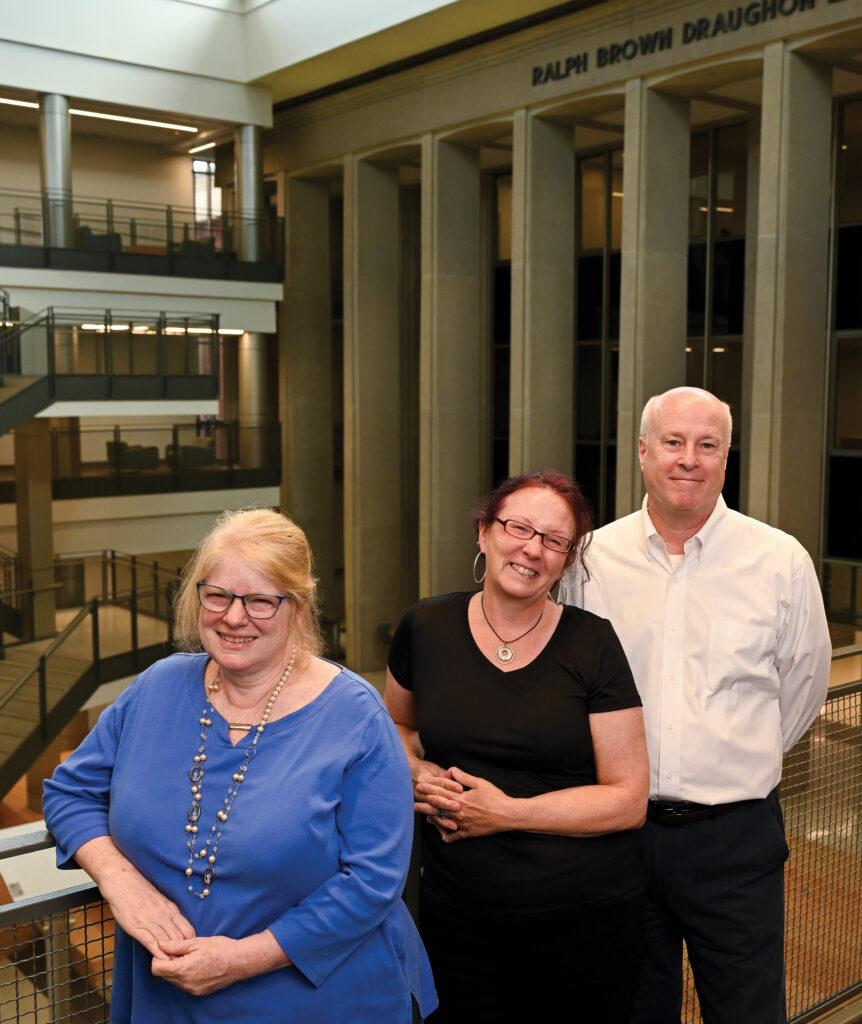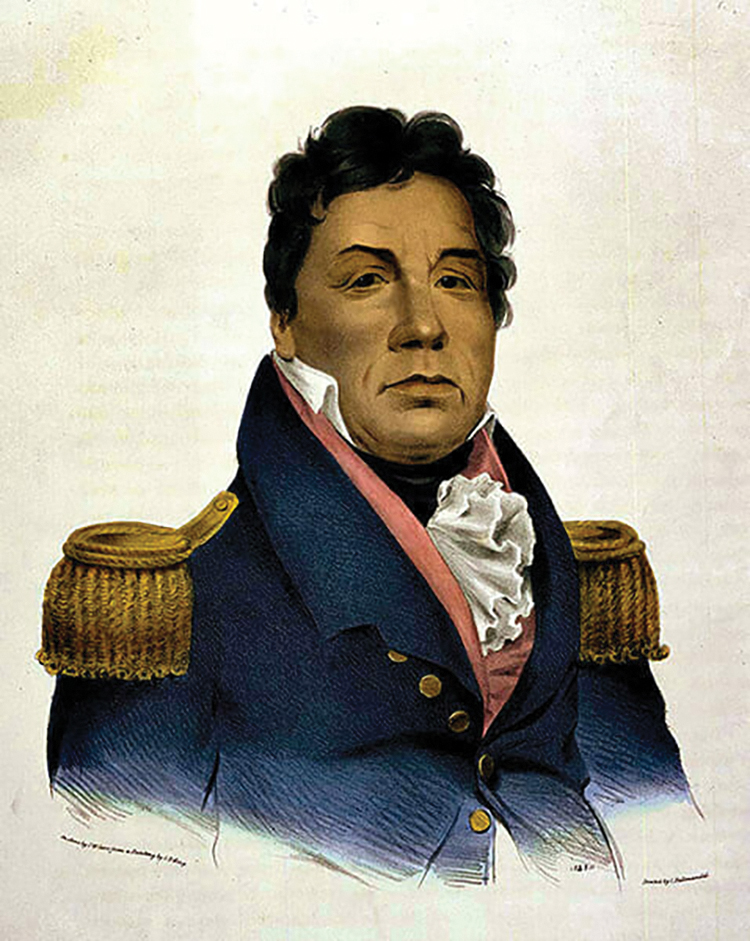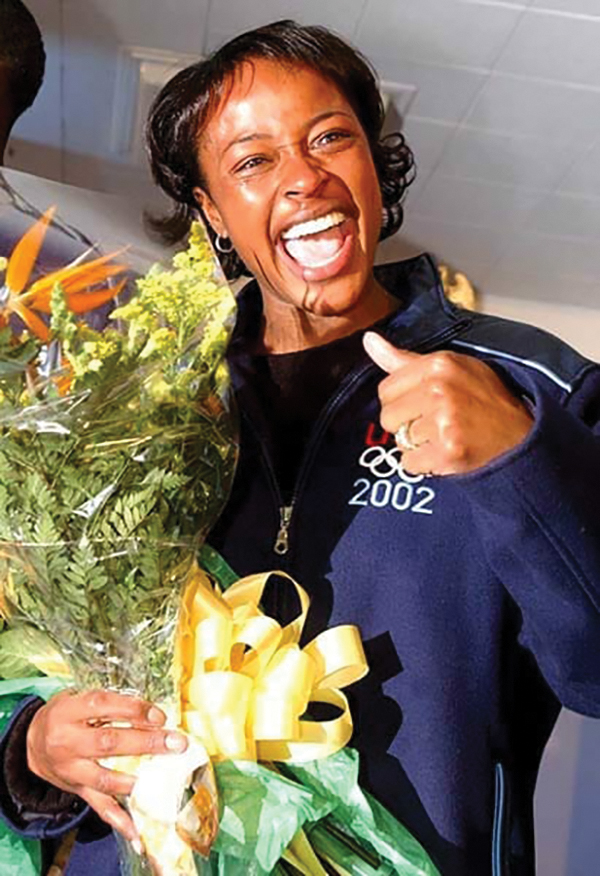The Encyclopedia of Alabama has answers

By Katie Jackson

If you know the answers to the questions on the opposite page, you just might be an Alabama history expert—or at least an Alabama trivia nerd. If you don’t know the answers but can’t rest until you find them, visit encyclopediaofalabama.org, the go-to source for factual, authoritative and often intriguing information about our state.

The Encyclopedia of Alabama is an award-winning, free digital compendium of articles and images providing revealing glimpses into the people, places, environments, events and other factors that helped form our state’s history, culture and landscape. Like any encyclopedia, EOA is full of valuable information, but because it is an online reference tool, its information stays fresh and is available to practically anyone, anywhere, all the time.
“The most important thing about an online encyclopedia is that it’s never going to be obsolete, like all the dusty volumes of print encyclopedias sitting on shelves around the world,” says Claire Wilson, editor and production manager. In fact, it was an outdated history book that prompted EOA’s creation.

“Back in the late 1990s, there was increasing concern among those who studied Alabama history that the most widely used comprehensive reference resource on Alabama (the book History of Alabama and Dictionary of Alabama Biography by Thomas M. Owen published in 1921) was outdated,” says Wilson. “Much had occurred in Alabama since those volumes were originally published and an updated reference resource was sorely needed.”
At the time, the National Endowment for the Humanities was encouraging states to create their own online encyclopedias, an idea that that was embraced by leaders in the Alabama Humanities Foundation (now known as the Alabama Humanities Alliance) and in other state historical and archival organizations.
In 2001, AHA joined forces with Auburn University to create the EOA, which officially launched in September 2008 with 525 initial entries. Today, the site is home to some 2,430 articles and 6,000 images and its content continues to grow at a rate of about 45 articles per year under the direction of EOA’s editorial team—Wilson, Communications/Outreach Manager Laura Hill and Content Editor Christopher Maloney.
The three, working under the auspices of AU’s Office of University Outreach in partnership with its University Libraries system, direct EOA’s day-to-day operations which includes keeping the content up to date in a constantly changing world. It’s no small task, especially considering the list of potential topics is immense, perhaps even infinite.

Constantly adding new entries
“From the outset, EOA has been guided by the principle of choosing entries that are of international, national and statewide importance, and our founding editorial advisory board came up with a huge list of potential entries,” Wilson says.
As the team has tirelessly worked its way through that list, new ideas for content are constantly added to their list, some inspired by current events, others by topics presented at lectures and other professional meetings across the state and region and still others springing from historic state-related celebrations. For example, the 2019 Alabama Bicentennial observance prompted the creation of 100 new EOA entries, and two upcoming events—the 200th anniversary of Lafayette’s visit to the United States and Alabama in 2025 and the 250th anniversary of the signing of the Declaration of Independence in 2026—are expected to add another 40.
All entries are written and reviewed by subject matter experts to ensure the information is both accurate and authoritative but also accessible to an array of audiences. While they are written for ninth grade-level readers, the articles are user-friendly for users ranging from K-12 up to university-level students and teachers as well as casual web surfers randomly googling an Alabama topic.
The site’s thousands of photos, which depict everything from Alabama’s flora and fauna to its most famous and infamous characters, further enrich the experience for all ages. Some articles also feature engaging multimedia content, which Wilson says they hope to expand, and the team wants to create a collection of articles on Alabama history aimed specifically for grade school-age students.

EOA is a huge asset to Alabama, and its impact has been recognized both here in the state and beyond. (EOA has been named one of the nation’s best reference sites by the Library Journal and Family Tree Magazine and it received AHA’s inaugural Digital History Award for excellence in online Alabama history resources.)

But it’s also a fun way to discover interesting Alabama facts and stories. In fact, as they’ve worked on the site, the EOA editorial staff have each discovered some intriguing information. For example, Wilson’s favorite find was learning that the nation’s very first 911 system was created in Haleyville, Ala., in 1968. “They have a 911 festival every year,” she says.
“I like the ‘Wetumpka Crater’ and ‘Biodiversity in Alabama’ articles for helping to explain the physical history of the state,” Maloney says.
The ‘rabbit hole’ effect
For Hill, the list includes several favorites.
“The article on mules is an unexpected topic and I love the photos with it,” she says. She was also intrigued by an entry about Charles Hays, a Reconstruction-era congressman from Greene County, which, she says, “illustrates just how complicated our history is. And Jo Ann Robinson, a founder of the Montgomery Improvement Association, became one of my heroes after I learned about her from reading the EOA article.”
Fair warning: the EOA can create a “rabbit hole effect.” A quick search can quickly turn into hours spent on the site, but it’s not time wasted because even if you don’t become an expert on Alabama, you’ll come away smarter—or at least the most entertaining person at the next block party.
Need a reason to dive in? Search for answers to the five fascinating questions that first drew you into this article. Here are some searchable keywords in case you need them: Ottokar Cadek, Miss Fancy, the “Pelican Girls,” Julius McKinney and William T. Mullen.
P.S. If you want to show EOA a little love, follow it on Facebook or click the “Donate” button at encyclopediaofalabama.org.




